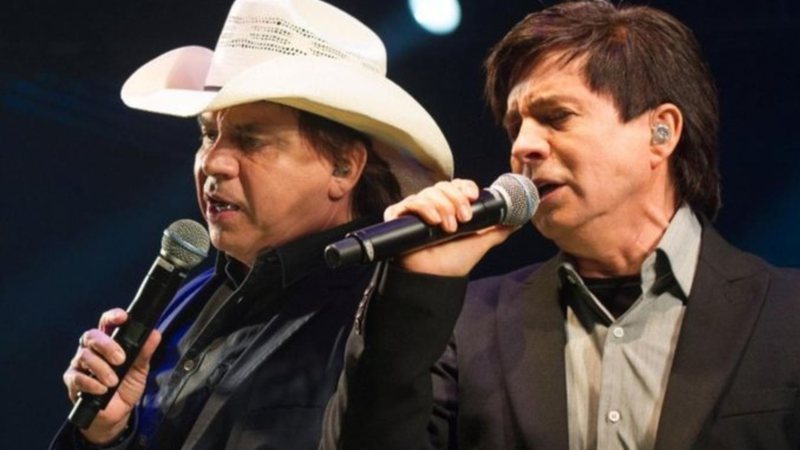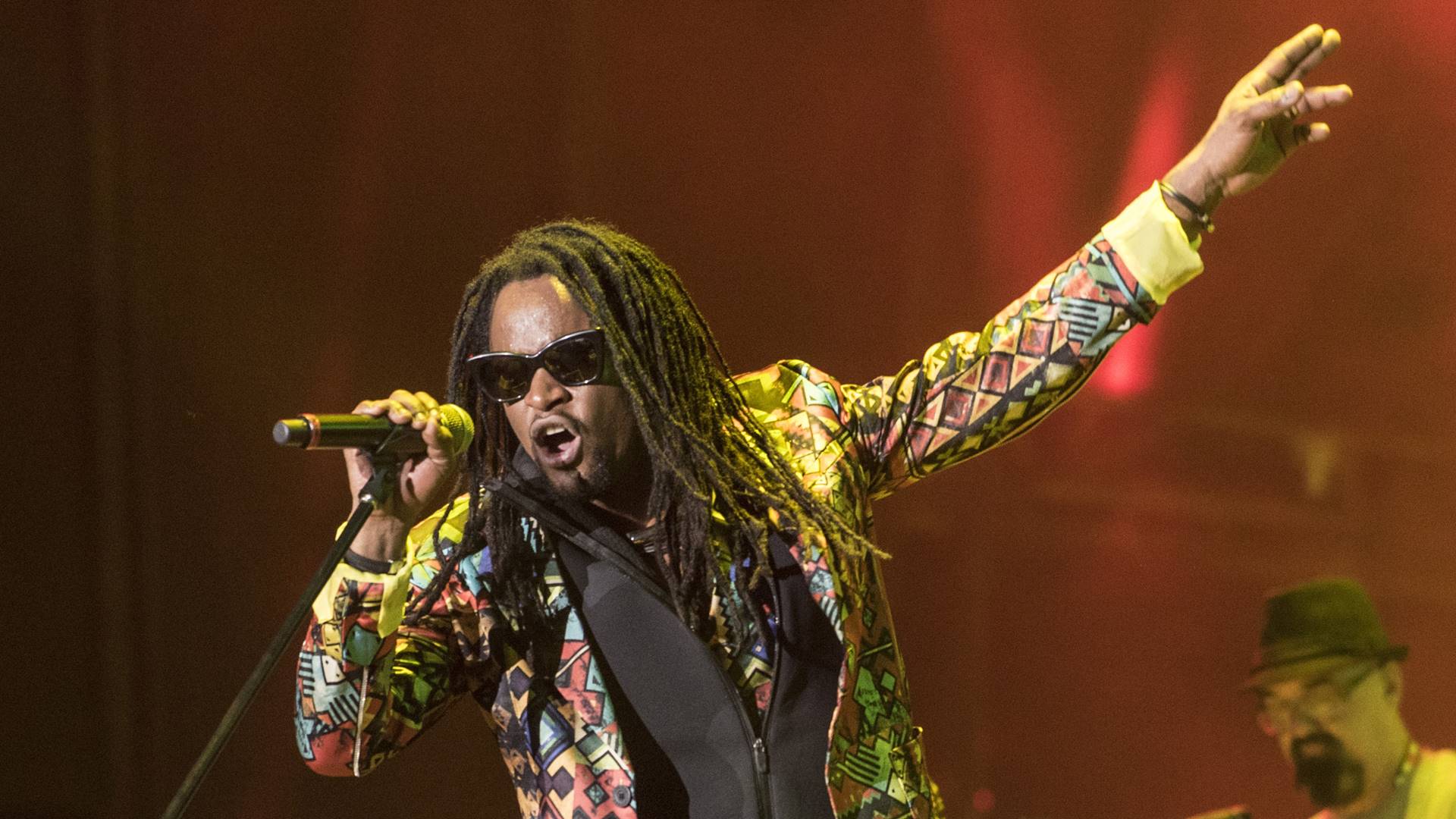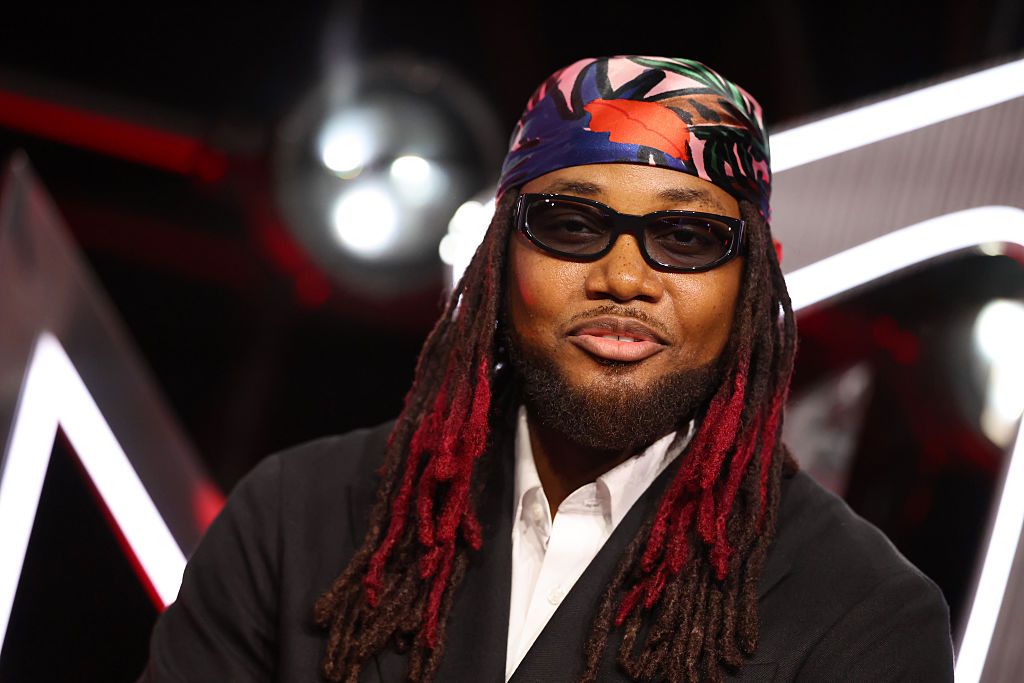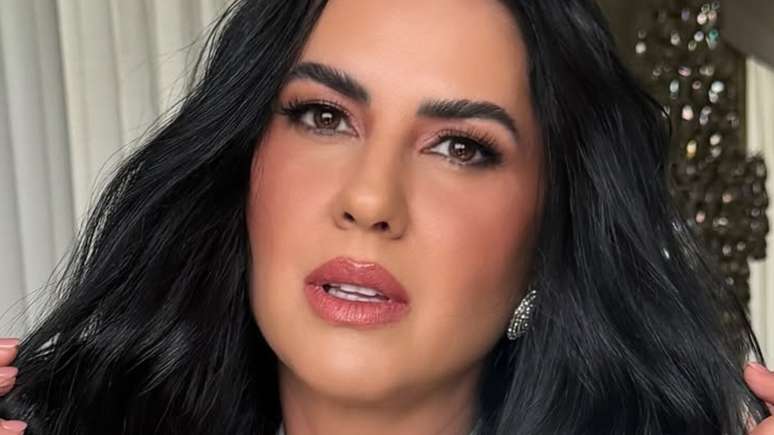Hit by Chitãozinho and Xororó was composed by José Augusto and Paulo Sérgio Valle, but many don’t know that
It is impossible to deny that “Evidence” is one of the most popular songs in Brazilian music of all time. The hit was enshrined in the voices of Chitãozinho and Xororóbeing released as one of the singles from the album Asphalt Cowboyfrom 1990.
However, many do not know that the track was not composed by the artists themselves. The authorship is José Augusto and Paulo Sérgio Valle. In fact, it was first recorded by Leonardo Sullivanin 1989, as part of the album Poison, Honey and Flavor.
In an interview with Folha de S. Paulo, Augusto and Valle They say they are already used to “anonymity”. For the first mentioned, artists are like “ambassadors” of their work.
“We work in silence. For me, the performers of this music in the country and abroad are like ambassadors who transform my work into a success.”
For some fans, the lack of knowledge is due to the fact that Chitãozinho and Xororó do not always mention the names of José Augusto and Paulo Sérgio Valle when they present “Evidence” live. However, the second mentioned commented that the country duo highlights the authors whenever possible, as “the shows have their own dynamic and, sometimes, this is not possible”. In the end, none of this bothers them. Valley comments:
“As an author, I feel gratified to have composed a song that has surpassed generations for 33 years and has been covered by colleagues in Brazil and in the Hispanic market. With all humility, Paulo and I created a phenomenon. I don’t know of a song in the world with so much success.”
Origin of the discussion
The authorship of “Evidence” began to be discussed on social media after the keyboardist John Fossitt having played it during concerts Bruno Mars at the The Town, a festival in São Paulo held last September. Part of the public highlighted that the country duo should mention the names of the authors more often. In the opinion of Jose Augustothis obligation belongs to the media, not the singers.
“I believe that presenters, journalists, radio hosts and the media in general should inform first of all who the song is about. So we would put the dots in the i’s. The interpreter is not obliged to give credit every time he performs.”
In another interview with the newspaper The globe, Augustus said he only found out about Fossitt’s tribute the day after the first show. He was happy with the tribute.
“I thought the instrumentalist of Bruno Mars paid this tribute, right? I think the tribute was neither to me nor to the Paulo Sérgio Valle. Nor did he go to Chitãozinhonor to Xororó. He paid homage to the song ‘Evidence’, which is a very important song in Brazil. And I was very happy, because the keyboardist played respecting the harmonies. It was a very beautiful thing.”
Still on that occasion, Jose Augusto declared that external composers are already prepared to receive less spotlight than performers. The author highlighted that no singer has the obligation to interrupt a show to say who created the song.
“The composer is already prepared for this. He’s the guy who works in silence and knows this can happen. Anyone who is putting on a show is not obliged to say at all times: ‘the song is by Fulano or Ciclano’. No one has the obligation to stop the show to say this. I don’t do this myself, except during an interview. Of course, it would be better if everyone knew who the song was about. About 30 years ago, radio hosts said whose music was playing. Then, it ended, as if those ten seconds used by the radio presenter to say the composer’s name were very precious. And time is money, right? But this (not being recognized) is something that the composer is obliged to be prepared for.”
Source: Rollingstone
Earl Johnson is a music writer at Gossipify, known for his in-depth analysis and unique perspective on the industry. A graduate of USC with a degree in Music, he brings years of experience and passion to his writing. He covers the latest releases and trends, always on the lookout for the next big thing in music.








